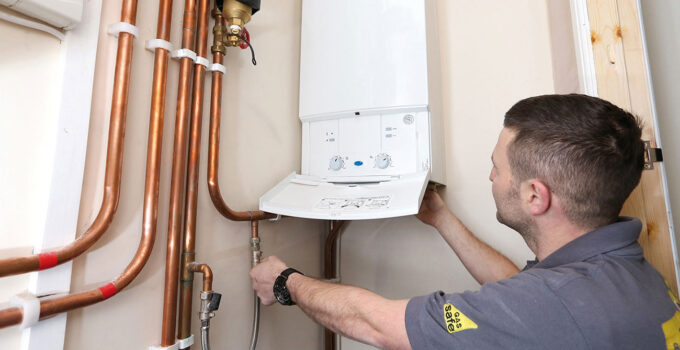Boilers play the important role of keeping the house warm and ensuring that hot water is always available. But unless you keep your boiler in good condition at all times, it is highly likely to let you down when you need it the most. Therefore, you are supposed to ensure regular boiler maintenance to keep it working perfectly all year round. Here are some money-saving boiler maintenance tips for winter.
Page Contents
1. Turn The Heating on Regularly
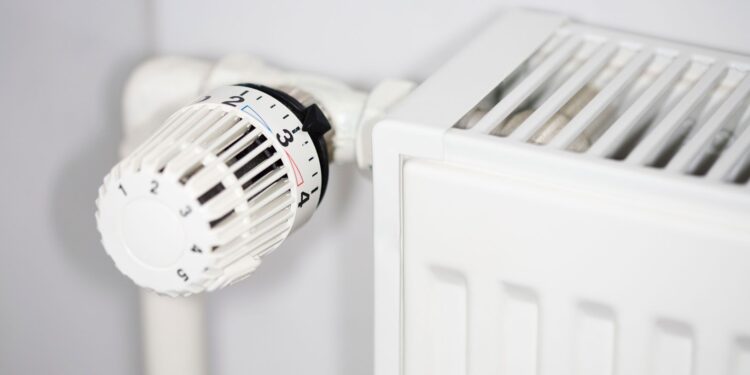
Source: countryliving.com
One of the best boiler maintenance tips is to ensure that your gadget is turned on at least once every month during summer. This will help keep the boiler running efficiently, and you will be able to fix any issues before the winter comes. Also, by turning the boiler on, you will be able to clear any grit that might accumulate when it is not in use.
During summer, try to turn on the central heating and leave it running for 10-15 minutes. Do this often during spring and summer. This is an easy way to keep all the parts of the machine moving correctly.
2. The Boiler Should Be Serviced Once Every Year
To keep your boiler in its perfect condition, prevent costly breakdowns, and improve its lifespan tremendously, you are supposed to invite an expert to check it for you once every 12 months. Also, by checking and servicing the boiler regularly, you will keep the heating bills low and also ascertain that the manufacturer’s warranty still protects it.
Note that unless the boiler is serviced every year, you will not be able to use the manufacturer’s warranty. These are critical services that must only be done by a certified gas-safe engineer. These are trained individuals who will check to ensure that all the components of the boiler work correctly.
3. Bleed The Radiators
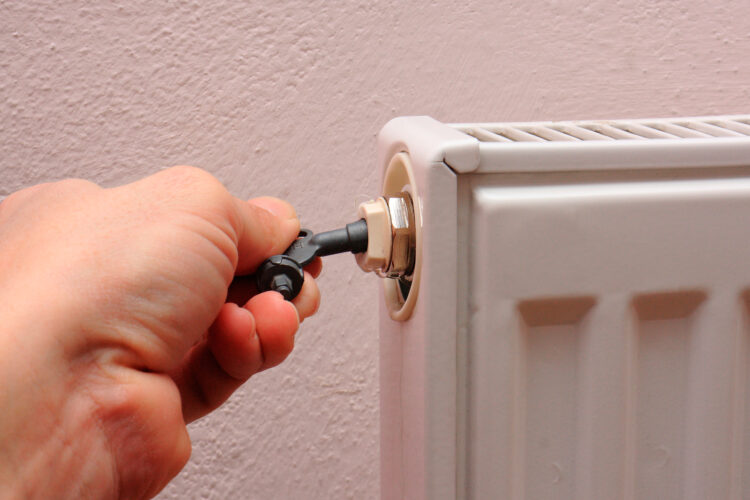
Source: self-build.co.uk
In some instances, you will notice that your radiators are warm at the bottom and very cold at the top. This is a sure indication that some air is trapped inside and should be removed because they interfere with efficiency. The process can be completed by following a few simple steps.
To avoid staining your floor, use a plastic cover to protect your carpet. Place the key in the bleed valve and move it anticlockwise. Do this while holding an old cloth below it to catch all droplets. There will be a hissing noise due to air moving out of the radiator at high pressure. The hissing will stop after all the air has moved out. Close the valve by turning the key clockwise.
4. Check for The Warning Signs
Clunking noises, leaks, and sooty marks are a sure indication that there is a problem that needs fixing. Thus, you want to check your boiler regularly for any of these signs and take action before the damage gets serious.
The sooner you diagnose and fix a fault, the better. Some users wait too long to check for these warning signs and end up spending a lot of money to have the issues fixed. It is also vital to ensure that flues, external vents, and airbricks do not have any debris and are not blocked.
5. Balance The Radiators
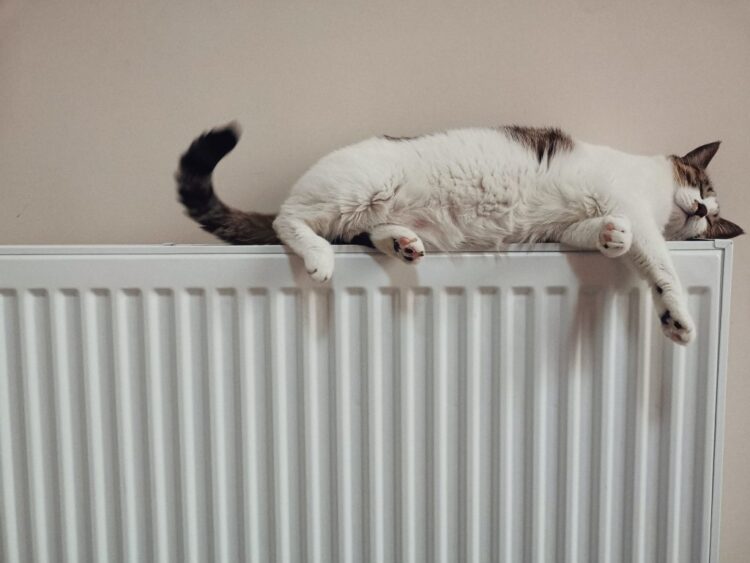
Source: skillstg.co.uk
For your boiler to work properly, the radiators must remain balanced all the time. If the radiators close to your boiler are warmer compared to the ones further away, then it is time to do some balancing. This is something you can do by yourself or invite a specialist to offer assistance.
Most homeowners are unable to balance the radiators since, unlike bleeding them, this one is rather complex. Therefore, unless you have some knowledge, we recommend calling a gas safe engineer.
The process will involve adjusting the radiators to ensure an even distribution of heated water to all radiators in your home. Though somewhat complex, it will not take too long to complete, and your boiler will be working well again.
6. Check The Boiler Pressure
The boiler must always be set at the right pressure so that it is able to heat your home and circulate hot water around the house. Unless this condition is met, the radiators and pipes will not be supplied with hot water, and the problem can cost a lot of money if not fixed on time.
Begin by checking the pressure gauge and ascertain that it works properly. This should be somewhere between 1 and 2 bar. If it happens that the pressure gets too low or very high, you can do the adjustment yourself without hiring an expert.
7. You Must Not Repair the Boiler Yourself
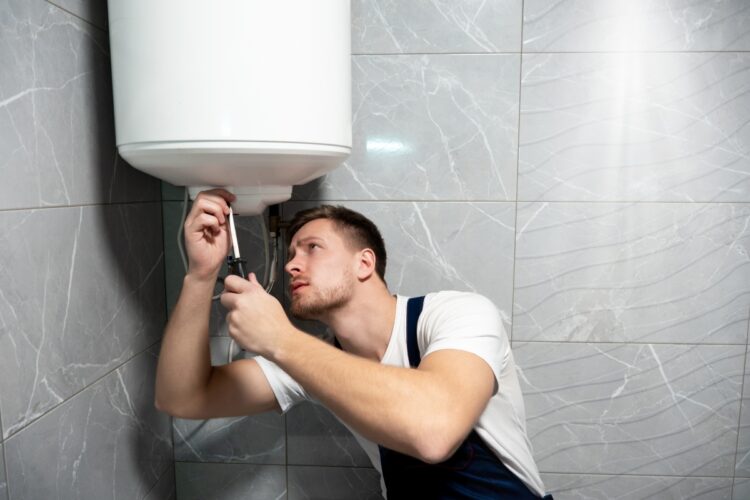
Source: plumbingforce.co.uk
Boiler systems are highly sophisticated, and unless you are an expert, you must never try to fix your boiler yourself. By doing this, you risk spoiling the system completely, and you will need to have a new one installed. Therefore, if you feel like there is a problem with the system, it is important that you get in touch with a certified gas-safe engineer, or visit Free Boiler Grants.
Once the engineer has arrived at your place, make sure to check their ID to ascertain that they are qualified. The gas pipes and other related appliances can be hazardous unless handled correctly. Thus, if you try to fix the boiler yourself or bring an uncertified person to help, there might be risks such as explosions, fires, and even carbon monoxide poisoning.
The Bottom Line
To have a conducive smart home environment during winter, you need to check and fix your boiler in the summer. Note that you can always find where the problem is before contacting an expert. Most of the time, the manufacturing companies will provide users with manuals they can use to find where the problems lie.
But if you are unable to do that, there is no problem asking an expert to check the boiler for you. You will save money by identifying a problem and correcting it before it is too late. Most of the time, during winter, it costs a lot of money to fix boilers, which is why you should always start earlier. Check out LS1 Boilers to find out more about professional boiler installation and maintenance services.

